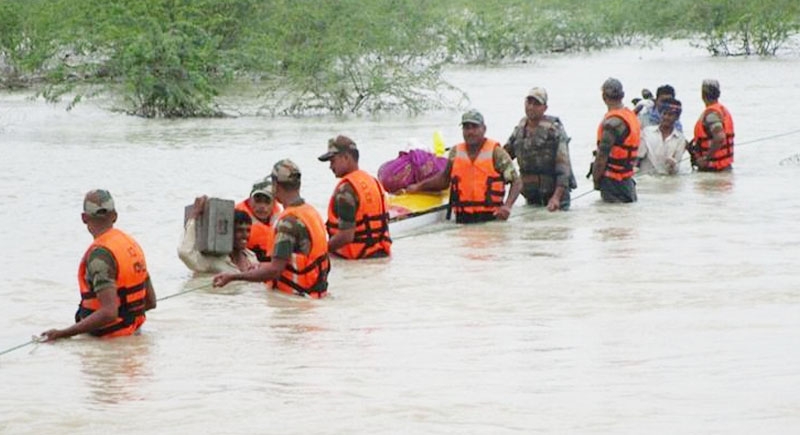1st India-Japan workshop on ‘Disaster Risk Reduction’ to begin tomorrow
New Delhi, March 17: In a bid to develop a specific bilateral action plan on disaster reduction, India and Japan, two of the most disaster-prone countries in the world, are coming together to address disaster risk.

Japan is situated along the Pacific Ring of Fire and is highly susceptible to earthquakes. Given itslong history of devastating earthquakes, Japan has a very high level of community awareness. Its technological know-how, especially in the area of earthquake risk reduction, is among the most advanced in the world.
India is rapidly urbanising and a massive investment in the infrastructure sector is imminent. As nearly 59% of India’s landmass is prone to moderate to severe earthquakes, it will not only save lives in the event of an earthquake but also make for great economic sense that this investment is made earthquake resilient.
The workshop will present an opportunity to explore as to how Japan invests in making its infrastructure resilient to present and future disaster risks. It will also help understand recent advancements in Japan in the area of earthquake detection and early warning systems and adapt them to India’s context. This will play a vital role in enhancing preparedness and response at every level.
This workshop is being jointly organised by the Ministry of Home Affairs, National Disaster Management Authority, India and Government of Japan. Dr. Rajiv Kumar, Vice-Chairman, NITI Aayog, will inaugurate this workshop.
The workshop is a follow-up of the Memorandum of Cooperation, which was signed between India and Japan in 2017 during the visit of Shinjo Abe, Prime Minister of Japan, to India. It aims to develop a specific bilateral Action Plan on areas of cooperation in DRR.
Around 120 delegates from governments of both countries, educational institutes, specialized disaster management agencies, the private sector and civil society organizations will participate in the workshop.